Results
-
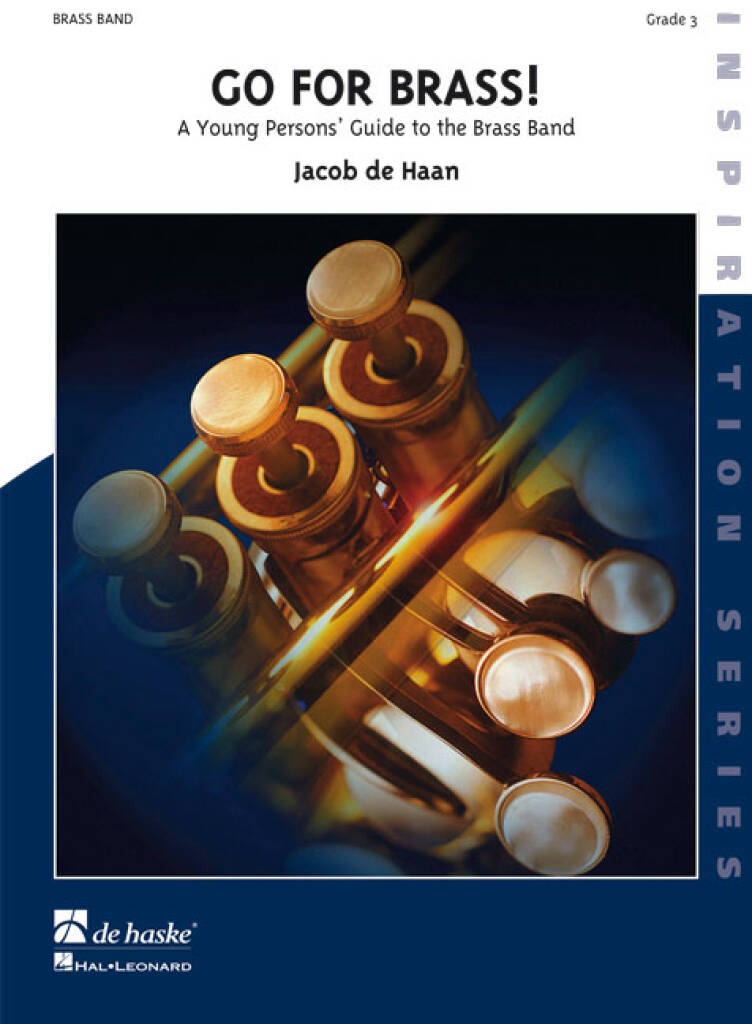 £69.99
£69.99Go for Brass! - Jacob de Haan
Subtitled "A Young Person's Guide to the Brass Band", Go for Brass! is a musical introduction to the sound, instrumental groups and the individual instruments of the brass band. Your players will love this work as they stand to highlight their particular section with snippets of the sparkling up-tempo dance style theme. An extremely entertaining concert item with a little fun educational content!
Estimated dispatch 5-14 working days
-
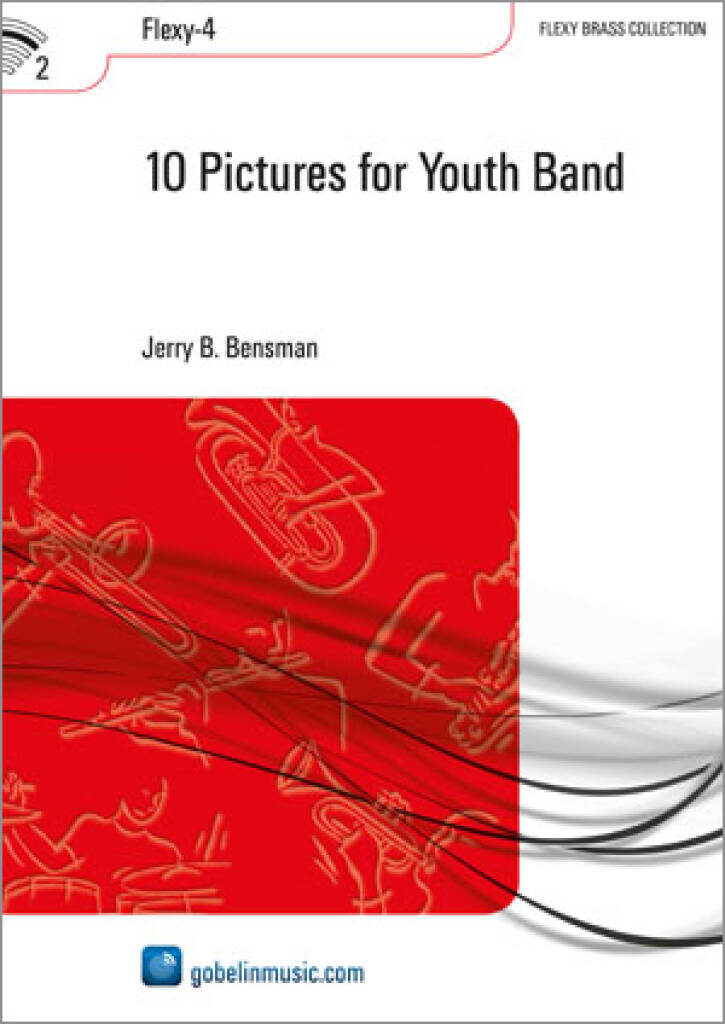 £76.99
£76.9910 Pictures for Youth Band - Jerry B. Bensman
Work and enjoyment go hand in hand in these ten fabulous compositions which provide educational and varied material for youth bands. The ten practice pieces together in one book, (with comic illustrations) incorporate widely diverse tunes such as Ceremonial Prelude and The Verger's Favourite Song. The book also includes numbers that require singing, stamping and shouting out (Chirpy Cha Cha and Ramble Bamble Rock). Pull out all the stops!
Estimated dispatch 5-14 working days
-
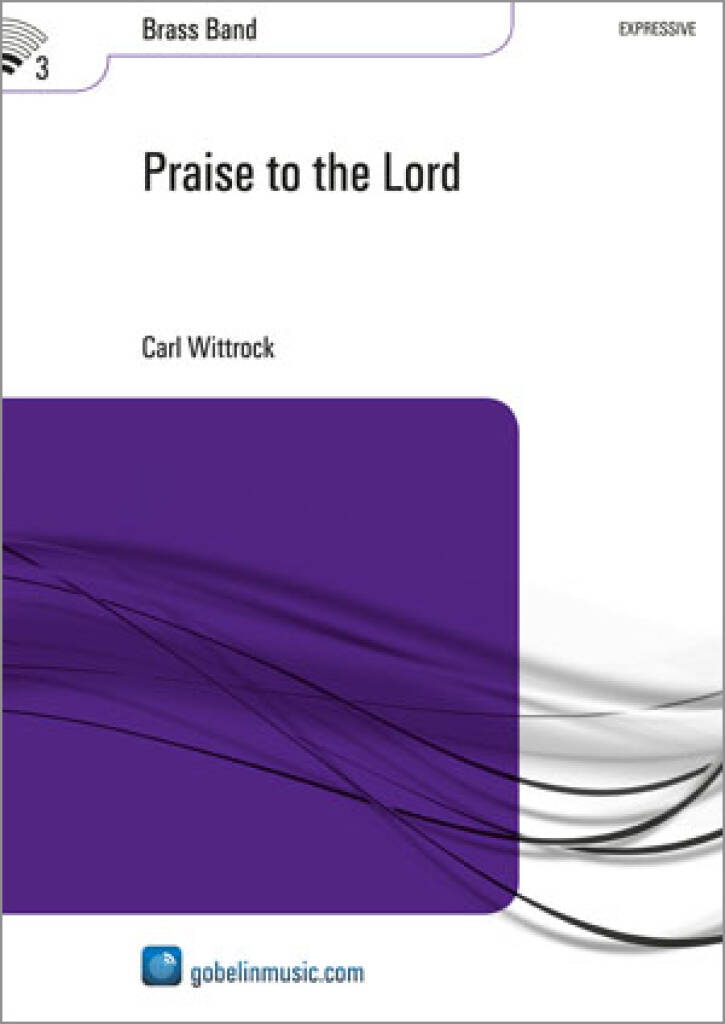 £76.99
£76.99Praise to the Lord - Carl Wittrock
This composition, based on the hymn Praise to the Lord, is comprised of eight separate parts that can be played together as a concert piece or opening work. The A and B sections are different openings, C is four-part arrangement of the hymn, D is a solo for four saxophones, or two trumpets and two trombones, E is a calm intermezzo, F a solo for trumpet or cornet, and G and F finally are a majestic or peaceful closing section. How will you choose to present this piece on stage?
Estimated dispatch 5-14 working days
-
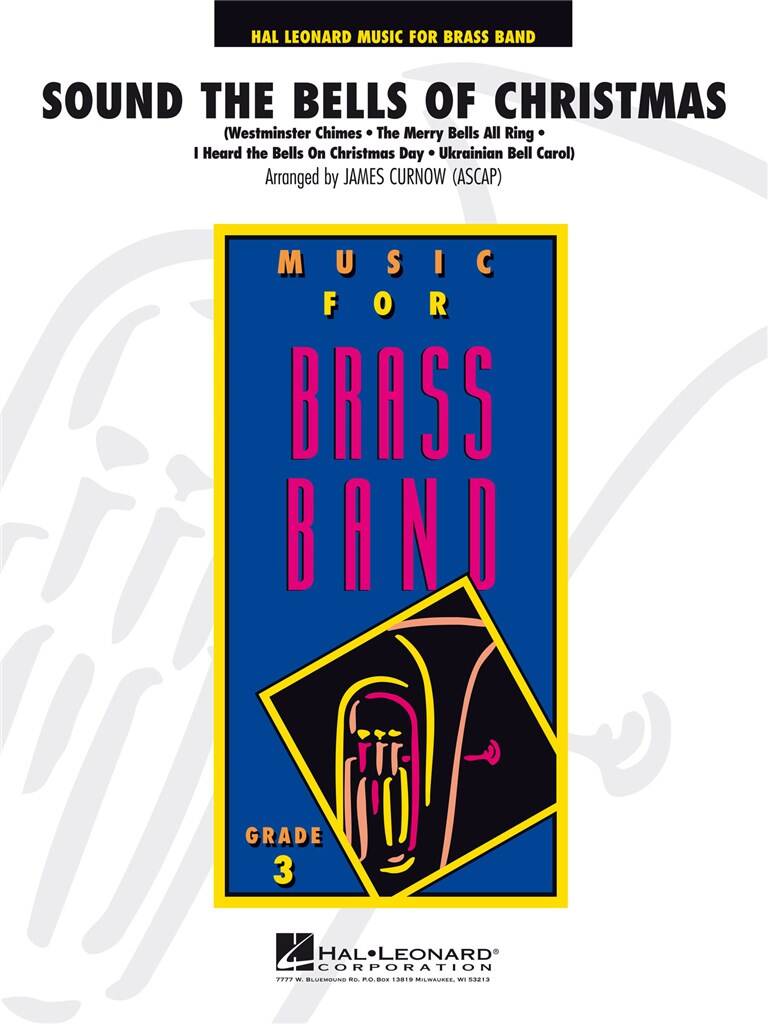 £54.99
£54.99Sound the Bells of Christmas - James Curnow
Three festive carols are skillfully combined into a terrific showcase for holiday programming. The familiar strains of these "bell" songs will make a superb concert opening for your holiday needs. Includes: Westminster Chimes, The Merry Bells All Ring, I Heard the Bells on Christmas Day and Ukrainian Bell Carol.
Estimated dispatch 5-14 working days
-
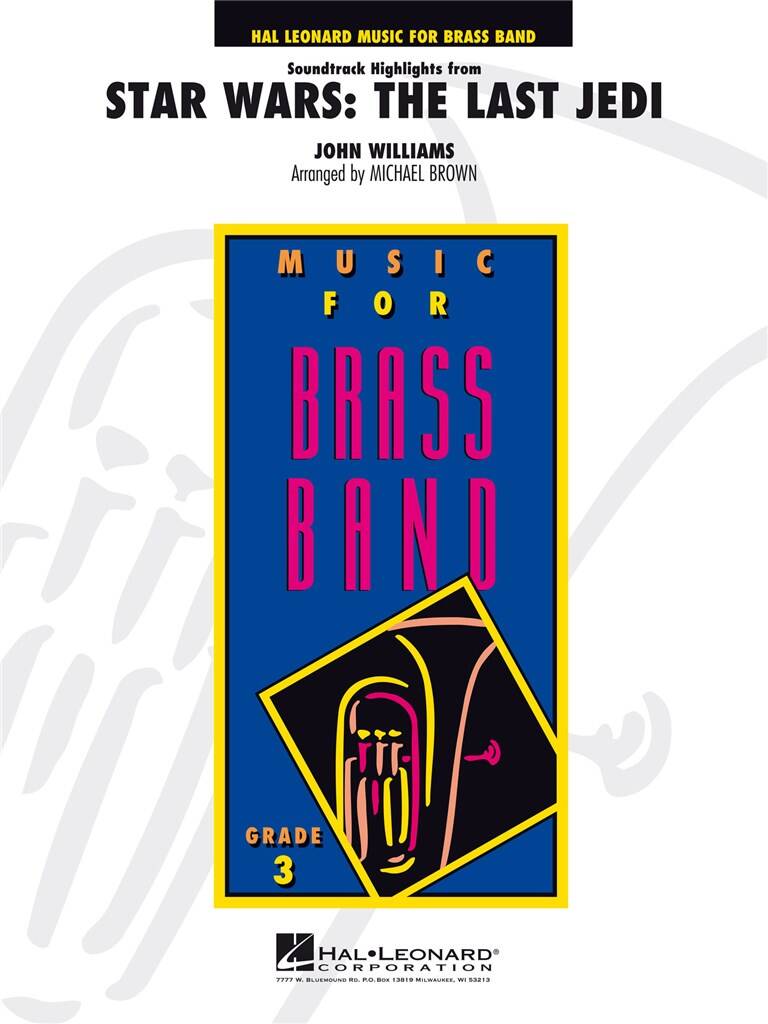 £74.99
£74.99Star Wars: The Last Jedi - John Williams - Michael Brown
From the blockbuster movie Star Wars: The Last Jedi, John Williams continues to display his mastery of music for film. This dynamic medley includes poignant new themes along with familiar older melodies as some of our favorite characters return for this episode.
Estimated dispatch 5-14 working days
-
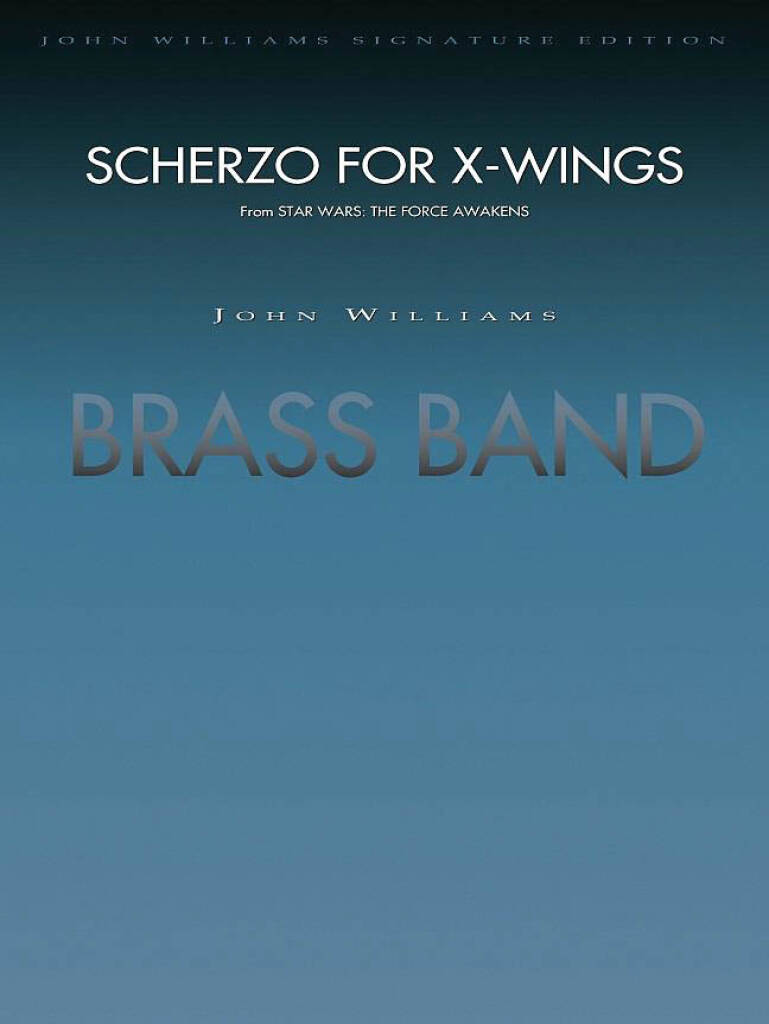 £69.99
£69.99Scherzo for X-Wings - John Williams
From the blockbuster film Star Wars: The Force Awakens this exciting music is featured in the climactic battle scene with our heroes and their X-Wing fighters. A dynamic tour de force for mature bands.
Estimated dispatch 5-14 working days
-
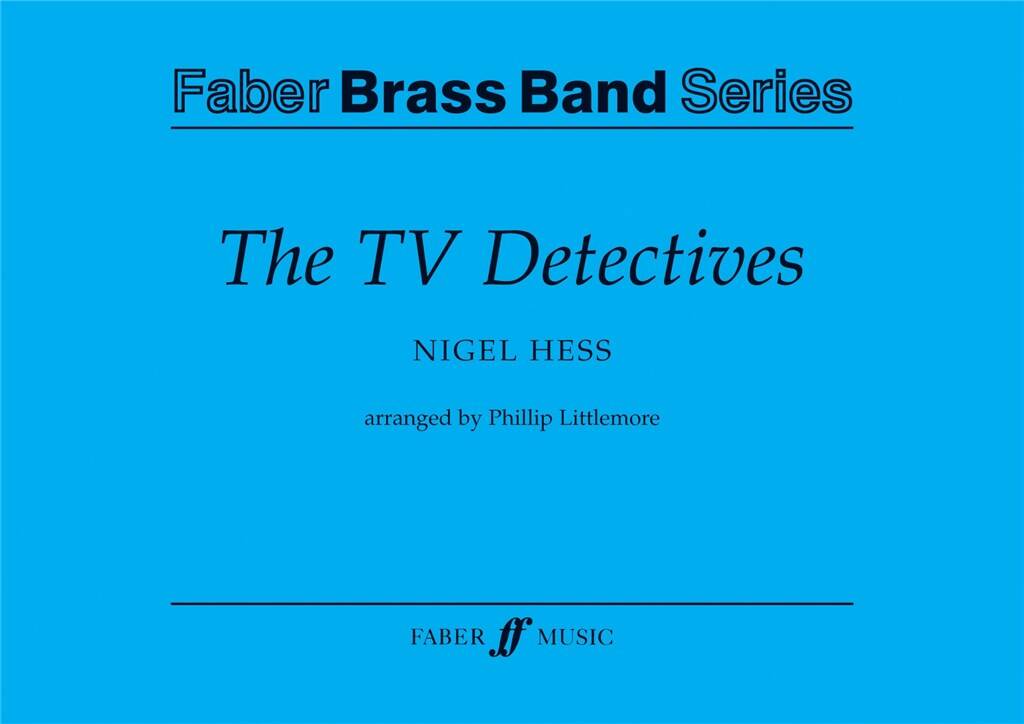 £55.00
£55.00The TV Detectives - Nigel Hess
The TV Detectives brings together five of Nigel Hess's best-known television themes, all originally written for small-screen sleuths in whodunnits that have been enjoyed by TV audiences worldwide. The themes stand aloneas imaginitive and challenging pieces that will stretch wind ensembles and delight audiences. This is a continuous suite arranged for wind band.
Estimated dispatch 5-14 working days
-
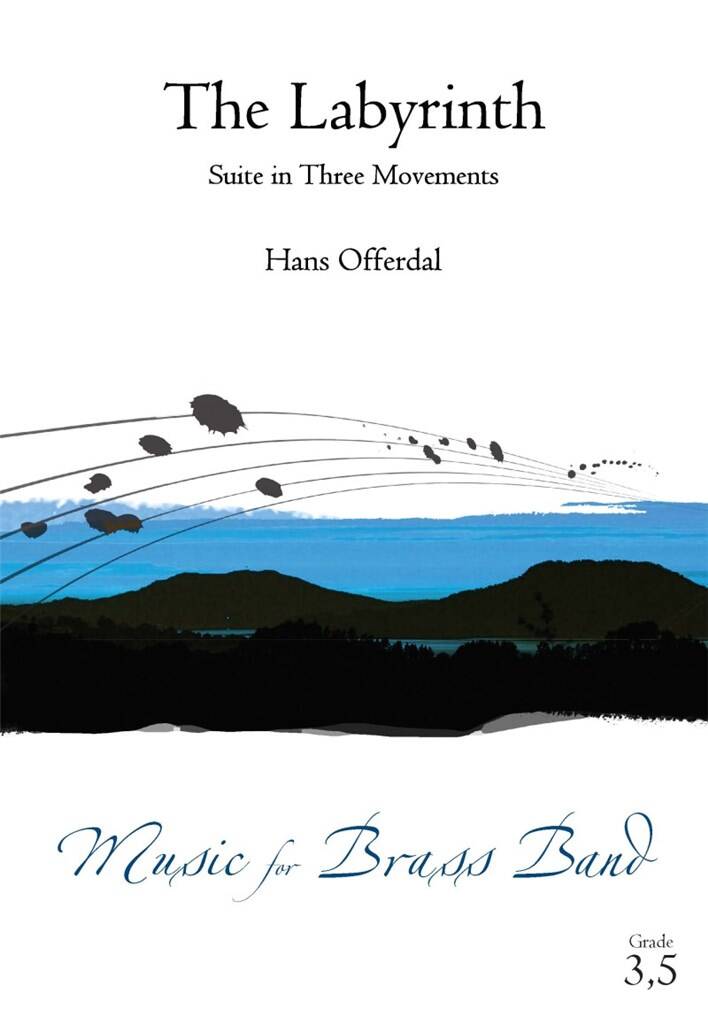 £154.60
£154.60The Labyrinth - Hans Offerdal
This piece was commissioned by Movig og Sjostrand skolemusikk to their 50th anniversary in 2017. Premiere performance took place at Kilden in Kristiansand, 17. november 2017, conducted by Sofie E. Ringen. Originally written for concert band, this is an instrumentation for Brass Band. The piece is about being trapped in a labyrinth - and fighting to get out!
Estimated dispatch 5-14 working days
-
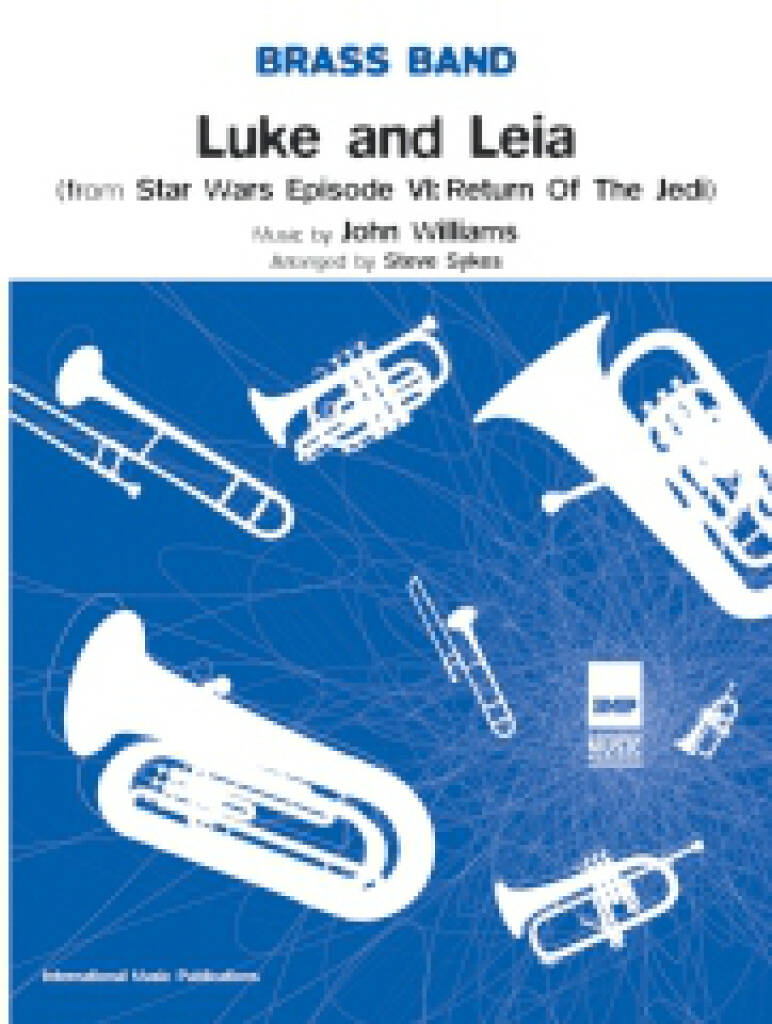 £40.00
£40.00Luke & Leia/Return of the Jedi - John Williams
An arrangement for Brass Band, by Andrew Duncan, of John Williams' music for 'Return of the Jedi'.
Estimated dispatch 5-14 working days
-
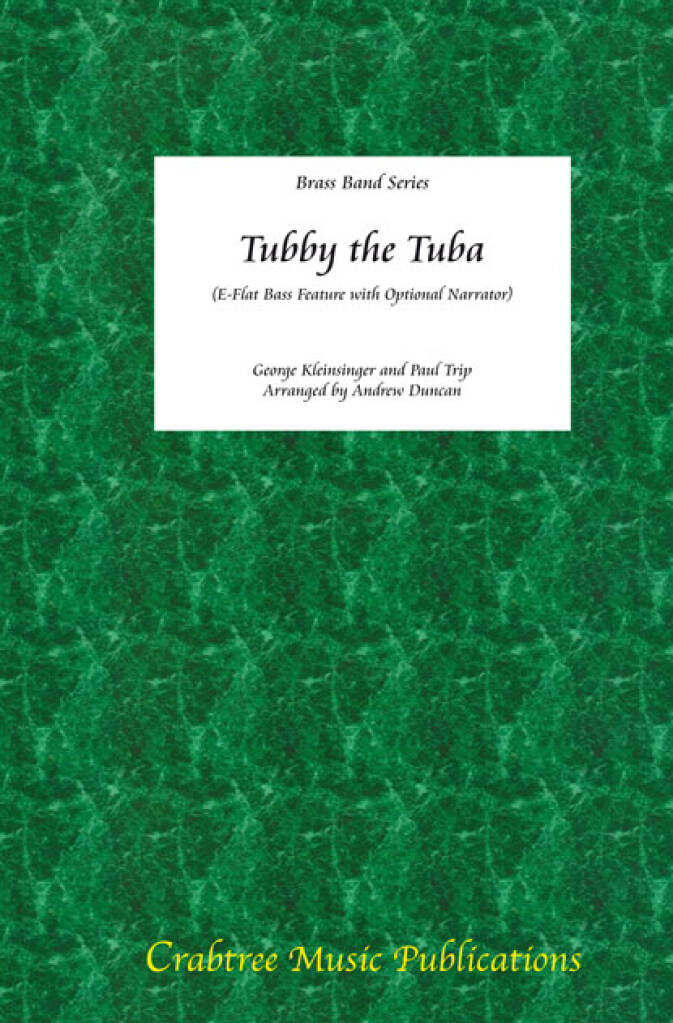 £74.99
£74.99Tubby the Tuba - George Kleinsinger - Andrew Duncan
Score and Parts for George Kleinsinger's Tubby the Tuba. Arranged for Tuba solo and Brass band by Andrew Duncan.
Estimated dispatch 5-14 working days
